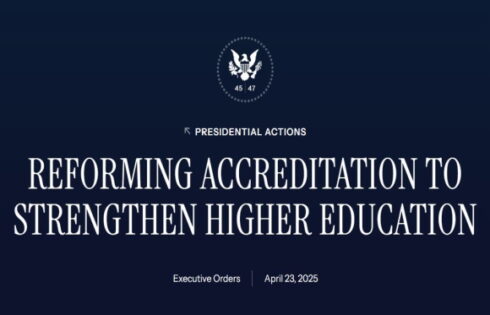
Campus leaders say they’re still committed to DEI mission
The University of Tennessee System is getting ready to remove the word “diversity” from a number of its DEI efforts – even while its leaders say they remain committed to the concept.
The UT System Division of Diversity and Engagement will become the Division of Access and Engagement, and many “diversity” position titles, offices and committees will be renamed to reflect the change, The Daily Beacon student newspaper reported this week.
The university told The Daily Beacon in a statement that the name changes are part of President Randy Boyd’s efforts to prioritize “access to a UT degree for Tennesseans, and to better reflect the socioeconomic demographics of our state.”
The change also better reflects the work university DEI leaders are doing to promote “access and engagement” for all students, it stated.
Angela Batey, associate dean of DEI for the College of Music, said she does not like how “diversity” has become a negative word, but she supports the change.
“It’s all about creating as much access as we can for anybody who wants to get an education beyond high school to get that education,” Batey told the student newspaper. “It’s about equity for everybody, access for everybody and just respect for all people, no matter what they look like, sound like or believe.”
Despite the new name, the university said its “commitment to the Board of Trustees’ Diversity Statement has not changed.”
The statement “affirms the educational value of a diverse and fully inclusive campus community, one that is enriched by persons of different backgrounds, points of view, cultures, socioeconomic status, and other diverse characteristics.”
The Office of the Provost also told the student newspaper that its “colleges’ commitment to diversity remains as strong as always.”
Some speculated the name change has more to do with politics. In an interview with The Daily Beacon about the name change, Guy Harrison, director of DEI for the School of Journalism and Media, said some state lawmakers want to end DEI programs.
Harrison said he does not think anyone should “whitewash the word diversity out of things” because of politicians.
“We are in a very ultra-conservative state, and there are political actors who would completely do away with DEI, whether it’s the title or the work that we do,” Harrison said. “And this kind of protects us from them a little bit. But I wish it wasn’t necessary.”
In 2022, the Tennessee legislature passed a law protecting students and employees of public higher education institutions from discrimination if they refuse to support DEI concepts.
The law also prohibits mandatory DEI training for students and employees, and requires institutions with employees dedicated to “diversity” to make “efforts to strengthen and increase intellectual diversity.”
DEI efforts seem to have overtaken many colleges and universities, elevating race, gender and leftist politics above critical thinking and career skills, many watchdogs say.
In response, conservatives in Tennessee, Florida, Texas and other states have worked to pass laws that crack down on DEI in public institutions and restore higher education what they say is its original purpose.
MORE: UMich looks to advance DEI in every part of university over next 5 years
IMAGE: YouTube screenshot
Like The College Fix on Facebook / Follow us on Twitter







Please join the conversation about our stories on Facebook, Twitter, Instagram, Reddit, MeWe, Rumble, Gab, Minds and Gettr.